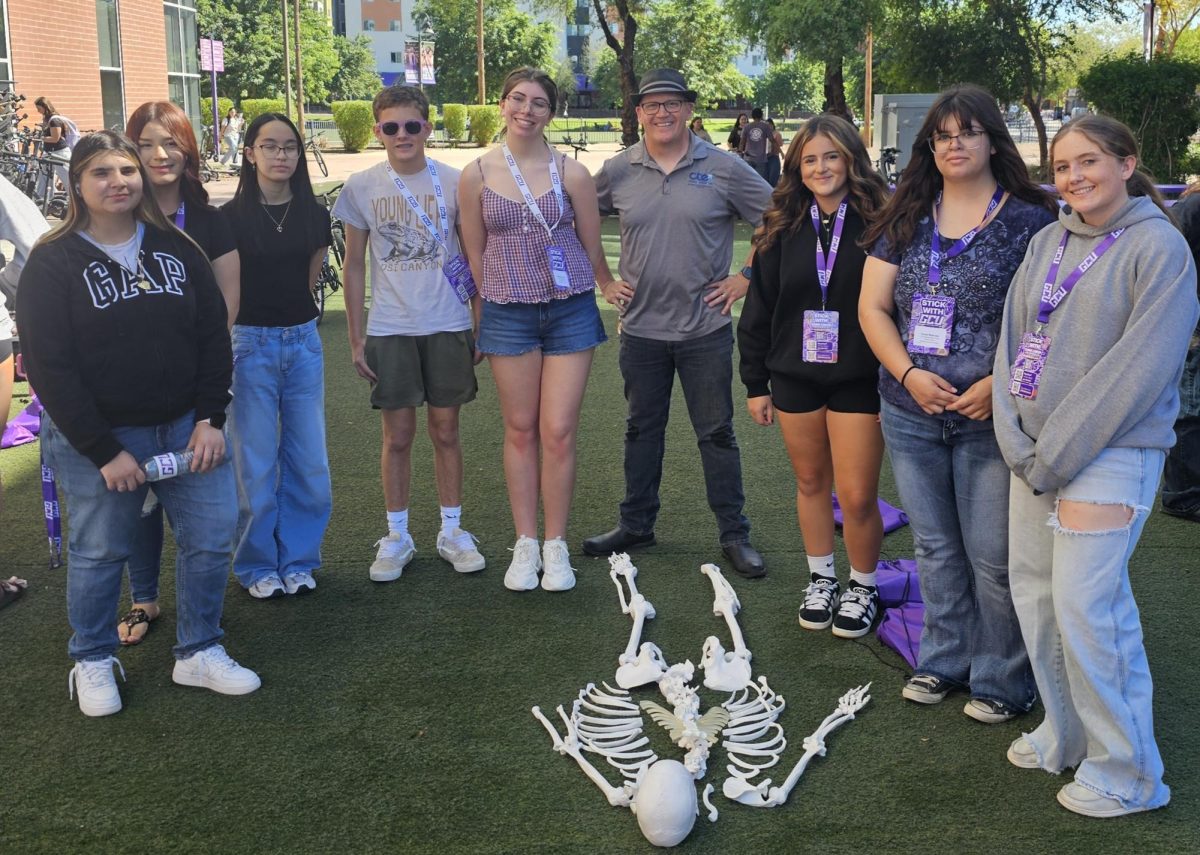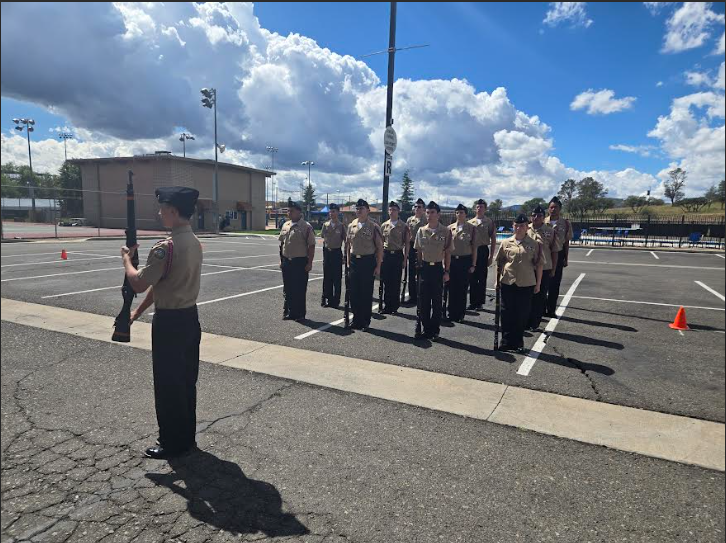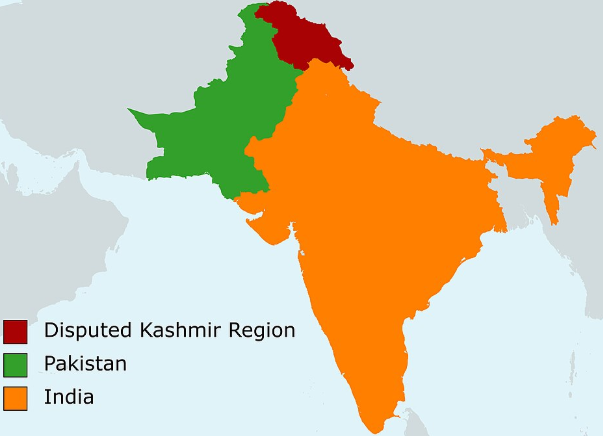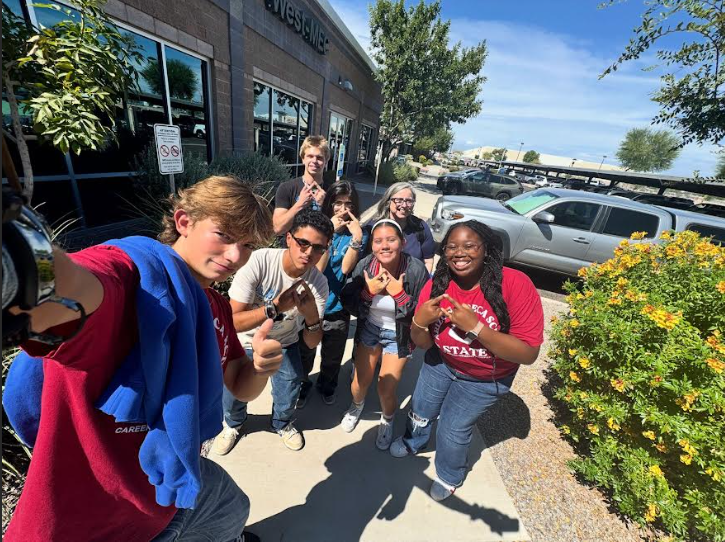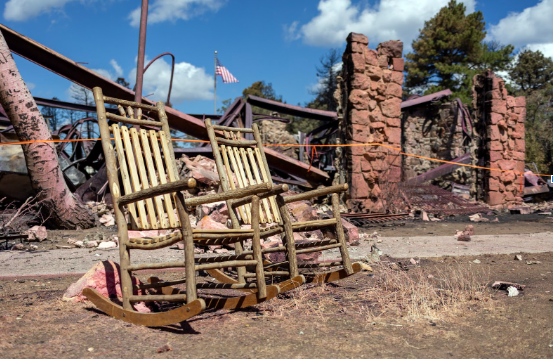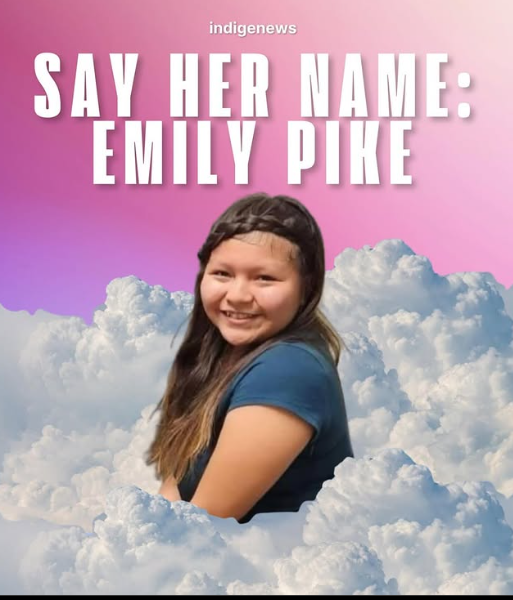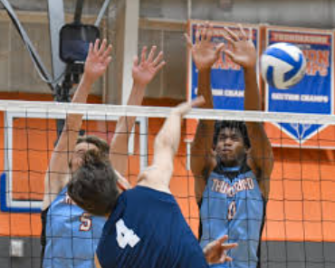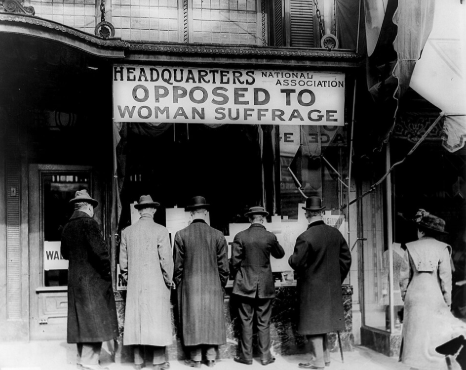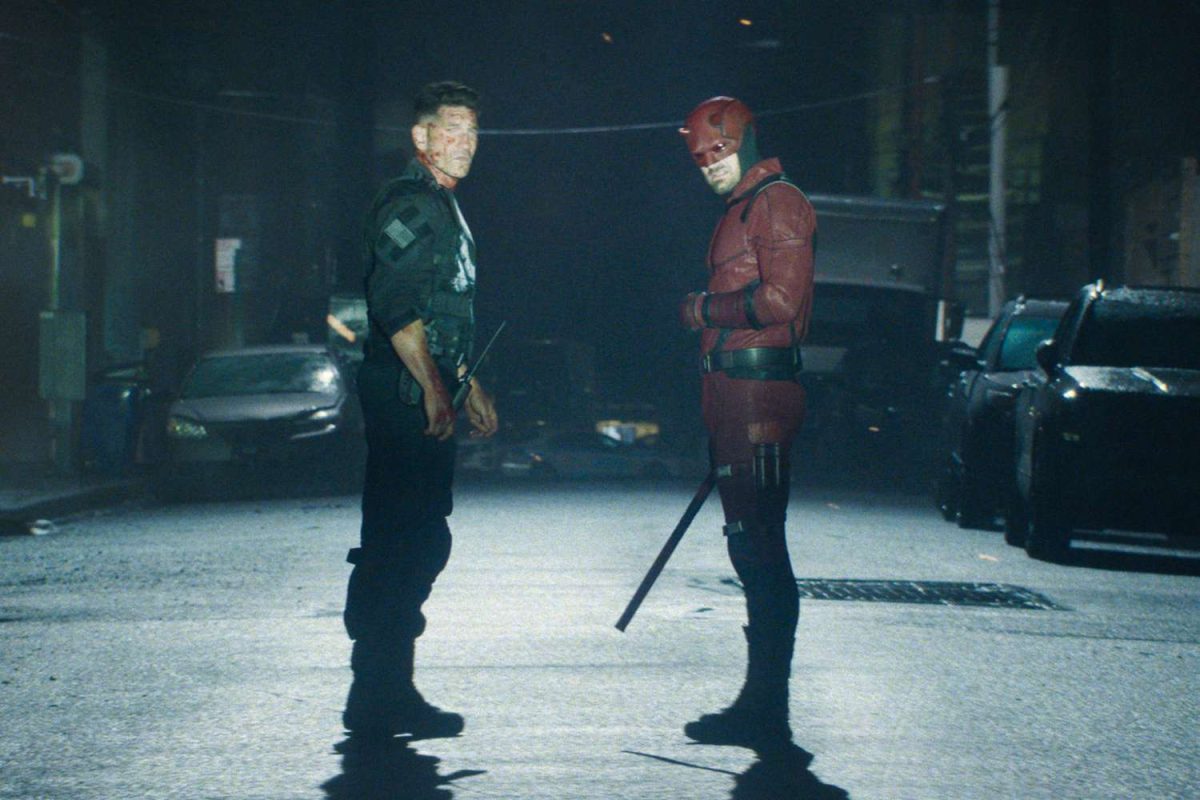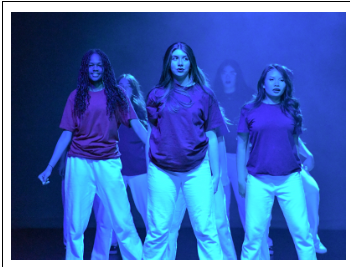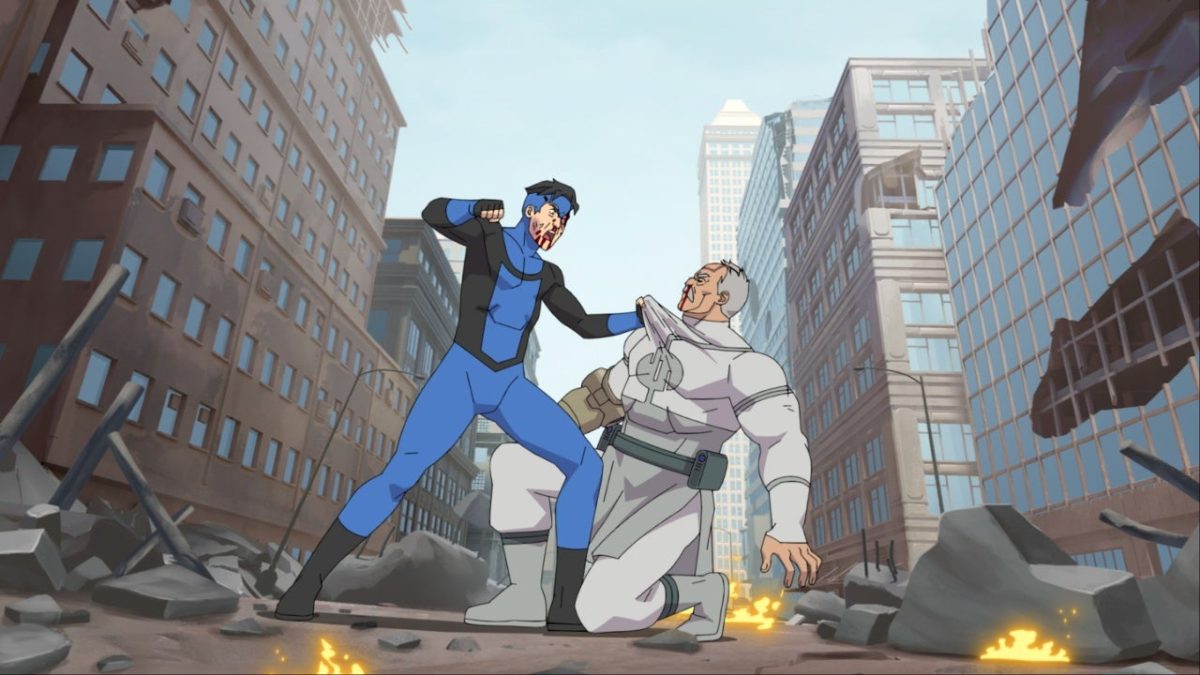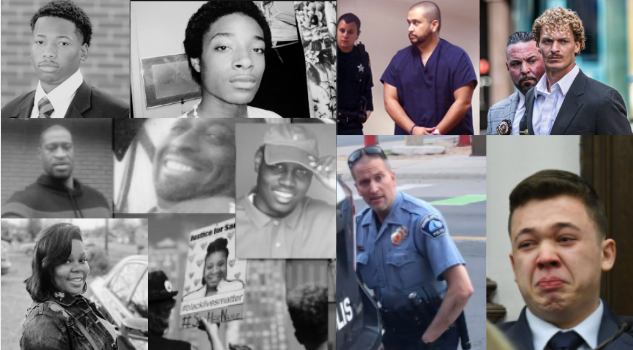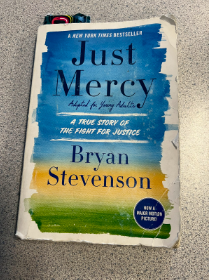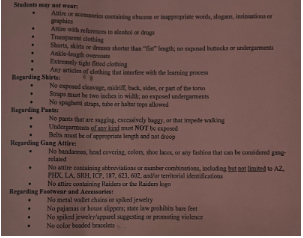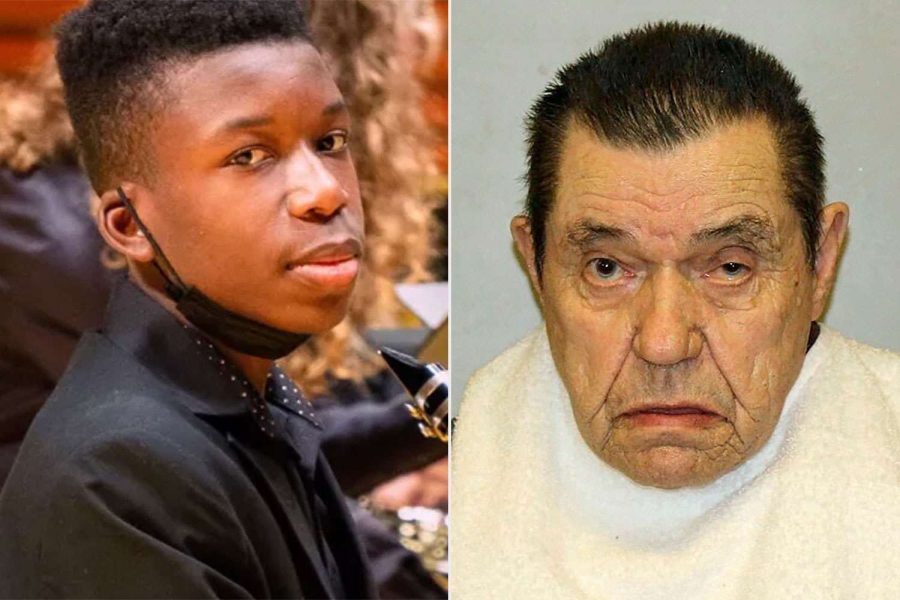The Shooting of Ralph Yarl and How Stand Your Ground Laws May Enable Gun Violence
May 11, 2023
Ralph Yarl, an African American teenager, made headlines across the nation after he was shot in the head after ringing the wrong doorbell. His shooter, Andrew Lester, was charged with felony assault in the first degree, and armed criminal action after public outcry. Miraculously, the 16-year-old survived and is expected to make a full recovery according to the family attorney, Lee Merrit.
Many were quick to point to the shooter’s past racist history, such as the shooter’s very own grandson with him saying “I wasn’t shocked when I heard the news. I believe he held — holds — racist tendencies and beliefs.”
This shooting was very similar to a shooting in New York, where a woman was shot after pulling into the wrong driveway, and a shooting in Texas where cheerleaders were shot at after opening the wrong car door. These instances of young people getting shot at for being in the wrong place at the wrong time have been on the upturn, as those three examples took place within the same week. These all had one common denominator, as the shooter’s defenses revolve around the “stand your ground” law.
According to legal experts, the shooting of Ralph Yarl may rekindle the debate on stand-your-ground laws. Stand your ground laws, otherwise known as “line in the sand” laws, authorize the use of deadly force in self-defense when believed to be necessary without the duty to retreat. These laws stem from the “Castle Doctrine,” a century-old legal principle that allows the use of deadly force to protect your home or “castle”.
These laws are in place in roughly 30 states, including Texas, and Missouri where Ralph Yarl was shot. While New York doesn’t have any stand-your-ground laws, defendants can argue their actions are protected under the castle doctrine.
These laws have become quite a contentious topic, as the stand-your-ground defense has been used in hot-button cases like the controversial killings of Trayvon Martin and Ahmaud Aubrey
For those unfamiliar with the Trayvon Martin case: while not expressly invoked, Florida’s Stand Your Ground laws were the foundation of George Zimmerman’s defense. George Zimmerman is the man who shot and killed Trayvon Martin in what the courts would ultimately decide to be self defense. George Zimmerman, a neighborhood watch member, followed then 17-year-old Trayvon Martin, after reporting a “suspicious person” to 911. The altercation between the two would ultimately turn physical, leading to a fight that would end in Trayvon Martin being shot and killed.
This case would end in Zimmerman being acquitted of the murder of Trayvon Martin, Sparking mass debate on Stand Your Ground Laws.
Many may be wondering why wrong-place shootings keep happening, and the answer is actually quite simple. The cause of such shootings: stand your ground laws.
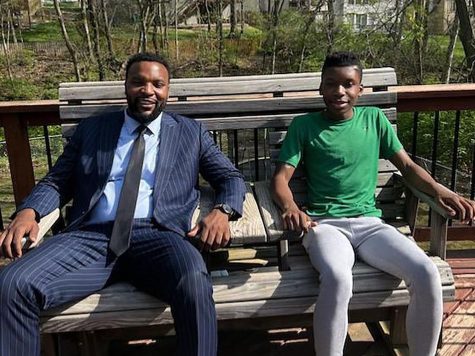
With wrong-place shootings happening daily within the United States, some solutions have become abundantly clear. For starters, the repealment of Stand Your Ground Laws. Gun owners and all citizens deserve the right to protect themselves and their loved ones, however, stand-your-ground laws may actually be doing the opposite of their intended goal. A study done by Oxford University and The University of Pennsylvania found Stand Your Ground laws to be associated with an 11% nationwide increase in monthly homicide rates.
Although the NRA and the right may paint the picture of a “ good guy with a gun” being the only way to stop a “bad guy” with a gun, this act of citizens taking the law into their own hands is only making the situation worse.
As Ralph Yarl and an alarming increase of unassuming citizens get shot for merely being in the wrong place, something needs to change. Whether that be basic gun control or the repealment of Line in the Sand Laws. One way you can make a difference is by contacting your representatives, and telling them how you feel about said laws.


